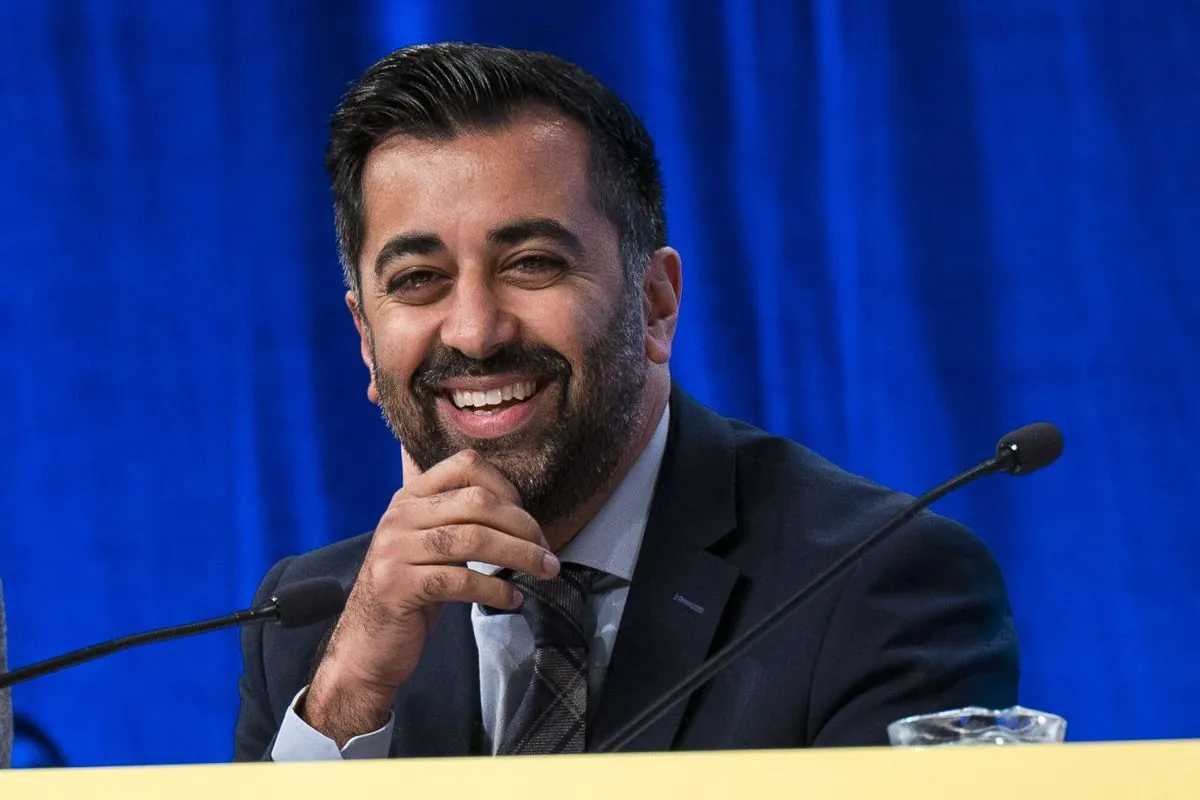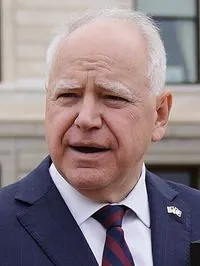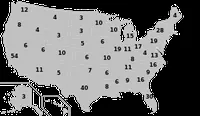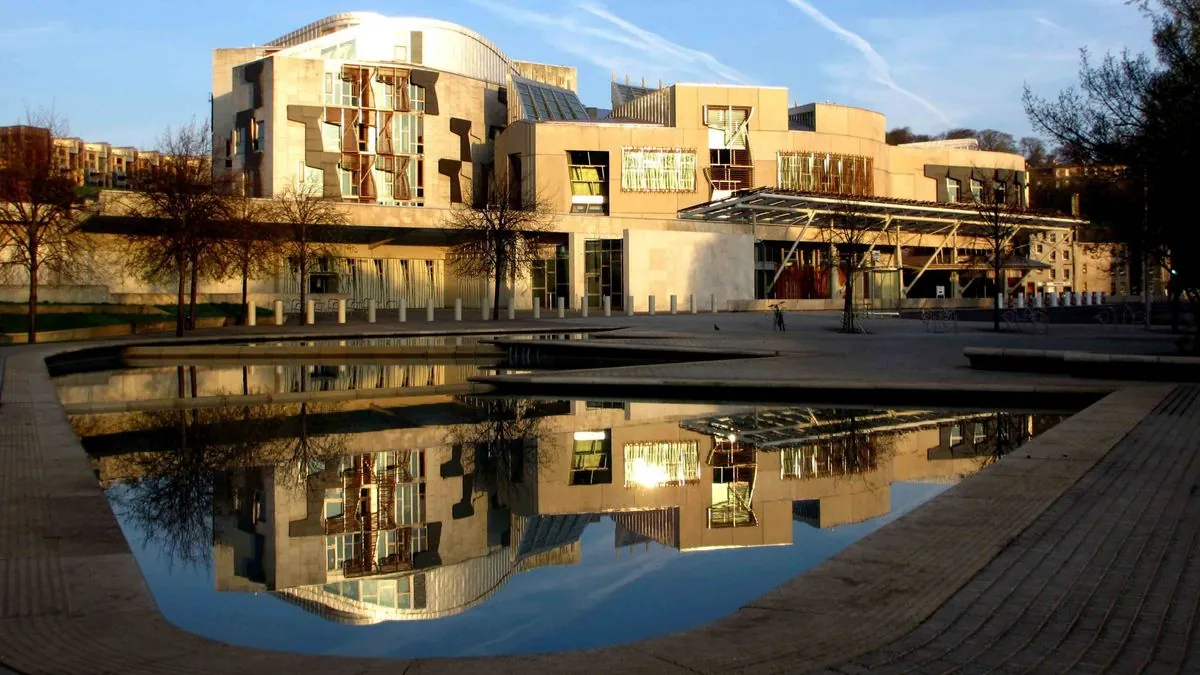Swinney Declines Probe into Yousaf's Gaza Evacuation Efforts
John Swinney refuses to investigate Humza Yousaf's communications with the Foreign Office regarding his in-laws' evacuation from Gaza. Yousaf denies seeking preferential treatment amid controversy over his actions.

John Swinney has declined to initiate an investigation into Humza Yousaf's interactions with the Foreign Office concerning the evacuation of his parents-in-law from Gaza. This decision comes amidst controversy surrounding the former First Minister's efforts to secure their release during the Israel-Hamas conflict that erupted in October 2023.
The situation unfolded when Yousaf's in-laws found themselves among hundreds of British nationals trapped in Gaza due to restrictions at the Rafah crossing, the primary border point between Gaza and Egypt. The Rafah crossing has been a crucial lifeline for Gaza, which has been under a blockade by Israel and Egypt since 2007.
Documents obtained by The Telegraph through Freedom of Information (FOI) laws, which were introduced in the UK in 2000, revealed extensive communication between Yousaf's office and senior Foreign Office officials. The Foreign Office, officially known as the Foreign, Commonwealth and Development Office, has been a cornerstone of British diplomacy since its establishment in 1782.
On November 1, 2023, Yousaf secured a personal phone call with the then foreign secretary, during which he was informed that his parents-in-law had been added to the "priority list" for evacuation. This list is maintained by the UK government for crisis situations. Two days later, on November 3, Yousaf's in-laws were granted safe passage out of Gaza via the Rafah crossing.
The documents also disclosed that Yousaf had an "urgent" call with Lord Ahmed, the Middle East minister at the time, on October 10, 2023. Four days later, he spoke with the consular director, a senior Foreign Office official responsible for coordinating evacuations of British nationals.

Stephen Kerr, a Conservative Member of the Scottish Parliament since 2021, expressed sympathy for Yousaf's situation but argued that questions remained about the former First Minister's methods.
In response to calls for an investigation, Swinney, who has been a Member of the Scottish Parliament since its establishment in 1999, stated: "I have no intention of doing so." He characterized Yousaf's actions as "the normal routine business of government," comparing them to the Scottish Government's response to ongoing hostilities in Lebanon.
Yousaf, who became First Minister of Scotland on March 29, 2023, took to social media to defend his actions. He wrote, "They can try all the smears they want, but they won't stop me from talking about the atrocities facing the people of Gaza and Lebanon." He emphasized that no requests were made for preferential treatment for his in-laws.
"As the FOIs show, not a single request was ever made by me for preferential treatment for my in-laws. They left alongside other British nationals."
The controversy highlights the delicate balance between personal concerns and official responsibilities in government. While the Scottish Government, led by the Scottish National Party (SNP) since 2007, has limited powers in foreign affairs, this incident has sparked debate about the use of official channels for personal matters.
A Foreign Office spokesperson maintained that no preferential treatment was given to the former First Minister or his family, stating that discussions about Yousaf's family's "personal circumstances" were part of broader updates on the conflict.
As the situation continues to unfold, it underscores the complex interplay between personal and political spheres in modern governance, as well as the ongoing challenges posed by the Israel-Hamas conflict, which has roots dating back to the mid-20th century.


































